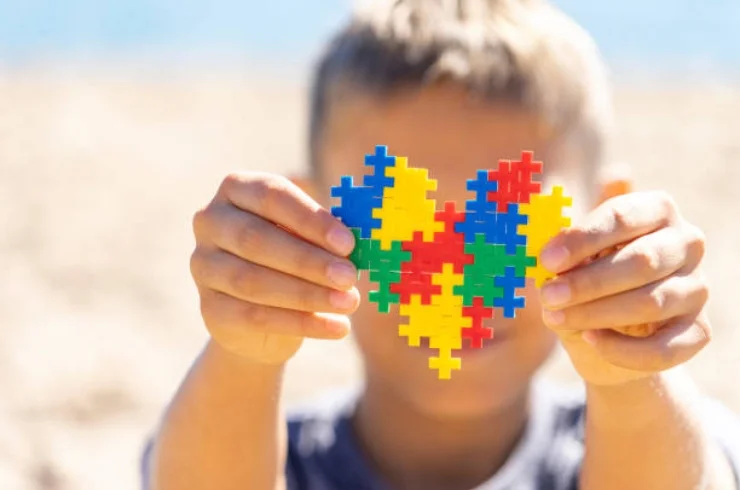
Selective Mutism is an anxiety-related speech disorder where a child or individual consistently fails to speak in specific social situations despite being able to speak in comfortable settings. This condition is often linked to social anxiety and usually becomes noticeable in early childhood. Treatment includes behavioral therapy, gradual exposure techniques, and speech therapy to build confidence in verbal communication. Early intervention is crucial to prevent long-term social and academic difficulties.
Speech and language delays occur when a child does not develop communication skills at the expected age. This may include difficulty forming words, understanding language, or using gestures. Causes range from hearing loss and developmental disorders to environmental factors. Early diagnosis through speech-language evaluations helps identify the underlying cause. Treatment includes speech therapy, interactive activities, and parental guidance to improve communication skills.


Children with Autism Spectrum Disorder (ASD) often experience challenges in speech, language, and social communication. They may struggle with verbal and nonverbal communication, repetitive behaviors, and difficulty understanding social cues. Speech therapy plays a key role in improving expressive and receptive language skills, social interactions, and alternative communication methods like picture exchange systems (PECS) or assistive technology. Tailored therapy and early intervention help enhance communication and independence.
Pragmatic Language Disorder, also known as Social Communication Disorder, affects a person’s ability to use language appropriately in social situations. Individuals may struggle with understanding conversational rules, taking turns, maintaining eye contact, or interpreting tone and gestures. This disorder is often seen in individuals with autism but can also occur independently. It can impact friendships, workplace interactions, and daily communication. Speech therapy focuses on teaching conversational skills, nonverbal cues, and appropriate responses in different social contexts. With structured intervention, individuals can improve their social communication skills, fostering better relationships and effective interactions.
